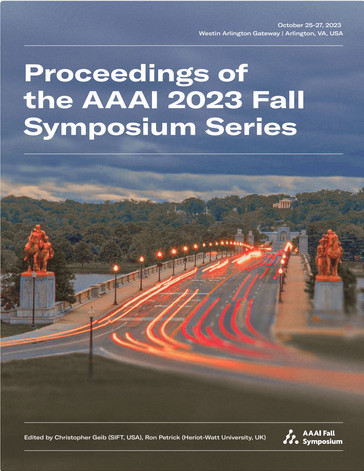Communication-Efficient Pseudo Value-Based Random Forests for Federated Survival Analysis
DOI:
https://doi.org/10.1609/aaaiss.v2i1.27714Keywords:
Survival Analysis, Federated Learning, Random Forests, Competing Risks, CensoringAbstract
Federated Survival Analysis (FSA) is an emerging technique for analyzing decentralized survival data while preserving data privacy and providing more generalized survival predictions. Existing FSA methods often rely on deep learning models, which can be computationally expensive and require substantial data and communication rounds. Recent research has demonstrated that ensemble-based approaches like random survival forests can achieve comparable performance to deep learning models with a single communication round within a federated learning (FL) framework, especially when dealing with small, decentralized datasets. However, these approaches have yet to address the challenges specific to FSA, such as data heterogeneity, non-uniform censoring, and competing risks. To address these challenges, we propose FedPRF, an FL framework for survival analysis based on Federated Pseudo Values (FPV) based random forests model, we call it RFpseudo. FedPRF introduces FPV to handle issues related to censoring and effectively address the unique challenges of FSA. FedPRF is computationally efficient, requiring only two communication rounds across clients: (i) computing FPV and (ii) aggregating a subset of trees trained locally at clients. Extensive experiments on distributed survival data with a single event and multiple competing events demonstrate that FedPRF achieves performance close to the gold-standard centralized training setting and outperforms deep learning-based FSA approaches. Importantly, FedPRF maintains the interpretability of centrally trained survival models. Furthermore, it is scalable to large-scale data and highly distributed settings with numerous clients.Downloads
Published
2024-01-22
Issue
Section
Second Symposium on Survival Prediction: Algorithms, Challenges, and Applications (SPACA)

